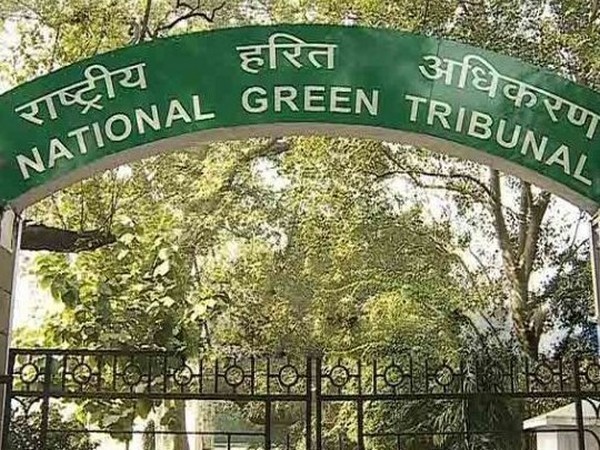NGT asks DPPC to disclose reasons for floating water sample testing tender despite having own lab
The National Green Tribunal has questioned the Delhi Pollution Control Committee DPCC for not using its own laboratory and instead floating a water sample analysis tender regarding polluted water across 180 housing societies in Dwarka.

- Country:
- India
The National Green Tribunal has questioned the Delhi Pollution Control Committee (DPCC) for not using its own laboratory and instead floating a water sample analysis tender regarding polluted water across 180 housing societies in Dwarka. The tribunal also directed the DPCC to ''disclose in clear terms'' that in case its in-house laboratory had any deficiencies, why the funds allocated to it were not being utilised to address them.
''We fail to understand as to why the DPCC has floated a tender for (water) sample analysis when the DPCC itself has the lab with testing facilities. Hence, the DPCC is required to disclose in clear terms the reason justifying the floating of such a tender and also as to why the funds available with the DPCC are not being utilised, if the lab has some deficiencies,'' a bench of NGT Chairperson Justice Prakash Shrivastava said.
The bench, also comprising judicial member Justice Sudhir Agarwal and expert members A Senthil Vel and Afroz Ahmad, was hearing a matter related to contamination of water due to faulty rainwater harvesting systems in the housing societies across Dwarka in south west Delhi.
In January this year, the tribunal had noted a report by the Delhi government which said contamination due to ammoniacal nitrogen and total dissolved solid (TDS) was found in water samples from 180 Dwarka societies.
Underlining that no plausible explanation and remedial action was provided for the contamination, it had directed the DPCC to file a fresh report after re-examining the source of contamination.
Ammoniacal nitrogen is a toxic pollutant that can cause poisoning, besides disturbing the water ecology equilibrium. TDS consist of inorganic salts, sulfates and organic matter, and their elevated levels can pose health risks.
In the proceedings held last week, the tribunal noted that DPCC did not file its report.
It also noted the submissions of the committee’s counsel, who said a Rs 3.9 lakh tender has been floated to award the contract for water sample analysis.
After the tribunal posed the question about the tender, the counsel submitted that a report would be submitted within two weeks.
The tribunal posted the matter on May 15 for further proceedings.
(This story has not been edited by Devdiscourse staff and is auto-generated from a syndicated feed.)










